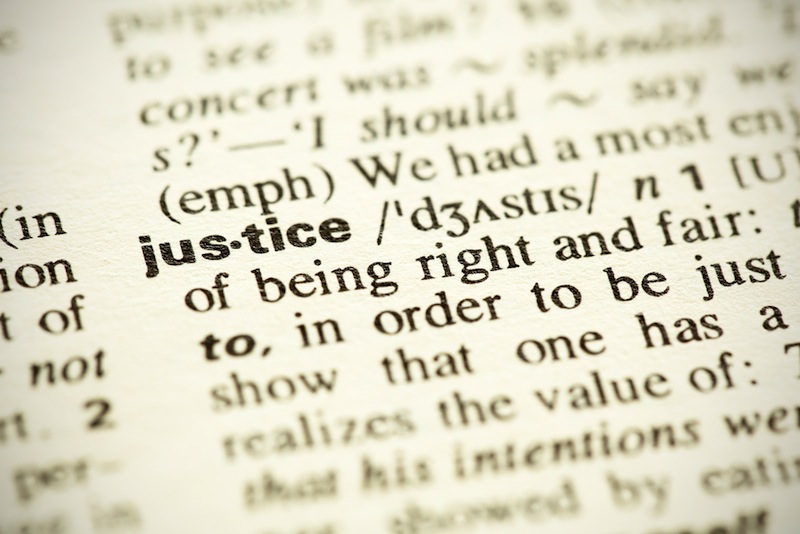U.S. Gov't. Expands Definition of Rape

The Federal Bureau of Investigation has revised the definition of rape, updating it to allow for more accurate data collection on the crime, the Department of Justice (DOJ) announced today (Jan. 6).
The previous definition excluded male victims and acts such as forcible anal or oral sex. States write their own rape definitions and can and do prosecute such crimes, but until now, they could not report those crime statistics to the federal government. That meant that national statistics on sexual violence have been artificially low.
"The change sends an important message to all victims that what happens to them matters, and to perpetrators that they will be held accountable," wrote Susan B. Carbon, the director of the Office on Violence Against Women, on the DOJ website.
The old definition of rape, unchanged since 1929, defined the crime as "the carnal knowledge of a female, forcibly and against her will." That meant that only rapes in which a man forcibly penetrated a woman with his penis could be counted.
The revision expands the definition to "the penetration, no matter how slight, of the vagina or anus with any body part or object, or oral penetration by a sex organ of another person, without the consent of the victim."
Under that definition, male rape victims can be counted in FBI statistics, as can crimes in which the victim was unconscious during the act. The count can also include cases in which a person cannot consent because of their age or incapacitation. State statutes will continue to be used to determine consent, according to Carbon, but physical resistance is not required to prove lack of consent.
The change will likely increase the number of rapes in the FBI's Uniform Crime Report, the national clearinghouse for data on crime, because cases that previously went uncounted will now be included.
Get the world’s most fascinating discoveries delivered straight to your inbox.
In 2010, under the old definition, there were an estimated 84,767 forcible rapes reported to law enforcement, 5 percent lower than the 2009 estimates.
You can follow LiveScience senior writer Stephanie Pappas on Twitter @sipappas. Follow LiveScience for the latest in science news and discoveries on Twitter @livescience and on Facebook.

Stephanie Pappas is a contributing writer for Live Science, covering topics ranging from geoscience to archaeology to the human brain and behavior. She was previously a senior writer for Live Science but is now a freelancer based in Denver, Colorado, and regularly contributes to Scientific American and The Monitor, the monthly magazine of the American Psychological Association. Stephanie received a bachelor's degree in psychology from the University of South Carolina and a graduate certificate in science communication from the University of California, Santa Cruz.


